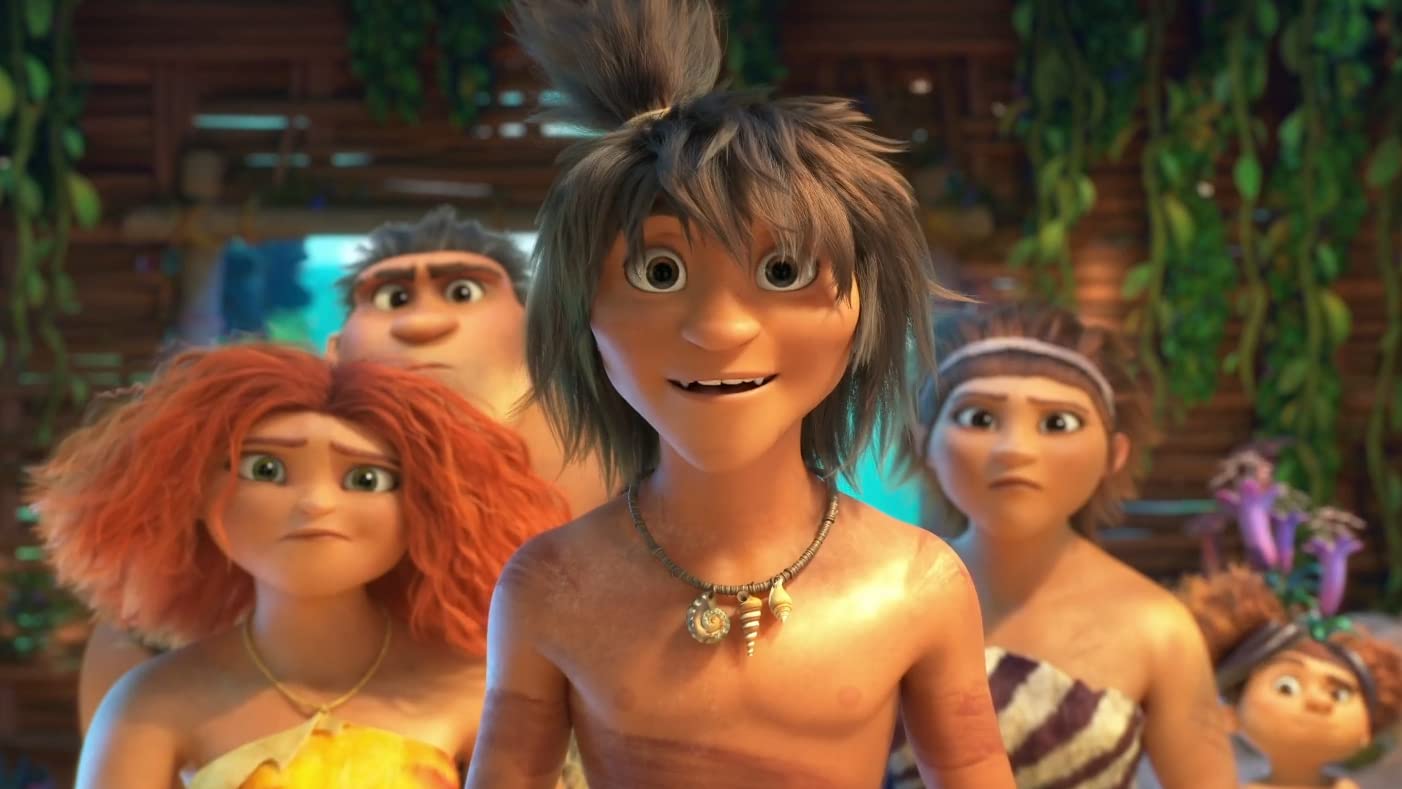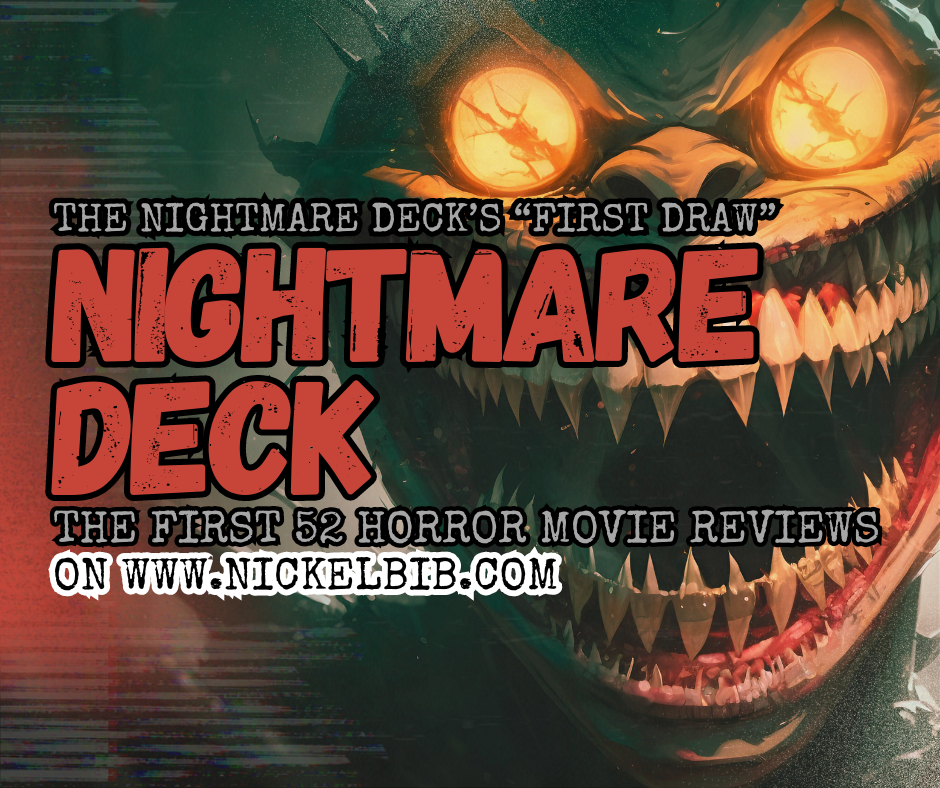Every time I watch Halloween, not that Halloween, not that Halloween either, but, in fact, Rob Zombie’s Halloween, I have a new, more layered reaction to it.
Written, directed, and produced by Zombie, the slasher film arrived in 2007, serving a remake and reimagining of the 1978 classic John Carpenter film. The film received a mixed-to-negative reaction from critics and moviegoers (a reaction I’d argue has become harsher over the years), but was a solid hit for the franchise, after a critical and financial misfire in Halloween Resurrection squandered all the goodwill that Halloween H20 had brought back to it.
As a devout slasher fan, not only have I heard every criticism about Rob Zombie’s Halloween film, but I’ve, in fact, carried most of them.
I remember when the film first arrived, I believed it offered new layers to both the Michael Myers character and the slasher genre altogether. This was the grownup Michael Myers, the edgier version, meant to more closely resemble the real-life serial killers we saw on the news, or, nowadays, can’t move an inch on a streaming service without seeing a new miniseries dedicated to them.
As I became older, my opinion evolved and it started resembling the general consensus everyone had about Rob Zombie’s vision. The aspect about Michael Myers in John Carpenter’s film was the mystery about him, the way they enshrouded him with mystique and had him run amuck on anyone in his way. It is the reason everyone loved Halloween, and is the reason they retconned everything in Halloween (the 2018 film) and brought it back to the basic meat-and-potatoes of the concept. By showing Michael Myers in his youth, by showing his upbringing, and by peeling back the curtain, Rob Zombie took away what made Michael Myers special and made him amount to little more than your standard flavor of the month antagonist.
Nowadays, not to invalidate either stance, I would like to think I’ve struck a middle-ground, and can appreciate the film for what it is, warts and all.
Truth is, although I know he is a mixed-bag, I actually like Rob Zombie as a filmmaker. Although I was disappointed by House of 1,000 Corpses when I revisited it and I was disappointed by Three from Hell, I enjoyed The Devil’s Rejects, and found something to takeaway from each film. Similar to director Eli Roth, Zombie is a director who has a lot of affection for the horror genre, but sometimes does not have the discipline and pedigree to reel in his worst impulses. He is not a flawless director, but he is a director whose enthusiasm for the macabre is infectious and easy to get behind.
Keeping that in mind, Zombie also has a real flare for the cinematics, with a stylish aesthetic that’s limited, but distinct. His choice is music, whether it be the use of Free Bird in Devil’s Rejects, or the literal album’s worth of music in the Halloween remake, which includes Styx, Nazareth, and more, feel uniquely like something he’d do, and something he actively does (as well as incorporating the classic Carpenter score). I respect his ambition in spite instances where he may be in over his depth. If nothing else, no matter how often I feel that way, I also feel as though I can see him kicking and splashing around the waters, trying to get his head above water. I appreciate the effort and I want for him to succeed, and I think, on occasion, he has.
As prefaced, the remake offers a new perspective on Michael Myers altogether. It chronicles both his home life and his extracurriculars, such as school and disemboweling defenseless animals he finds in the wild. It is clear Rob Zombie wanted to create a more realistic interpretation of Michael Myers, depicting behaviors similar to an actual serial killer.
I don’t talk about it much on the Nightmare Shift, but I do a lot of research about serial killers, both out of morbid curiosity and because it helps me when I write stories for our Readers Digested brand. A lot of serial killers have certain parallels, similarities, and eccentricities. If you wanted to, you will find a few serial killers who mutilated animals as a gateway drug, before moving onto the most dangerous game. What I have also learned is that it has already been mined from. Coupling that in with Myers’ abusive father and the bullies at school, Rob Zombie added a new spin on the “Making a Murderer” concept, ripe with clichés. Sometimes clichés are that for a reason though. It is not pop-psychology, but, that doesn’t necessarily entail it is insightful, new-ground either.
The characters portrayed are foulmouthed and misbehaved, akin to Corpses or Rejects, and other fare Zombie is associated with. If I were to stay on the self-indulgent path of comparing myself to Zombie, I’ve often found that when I write something, what comes later is what’s best. As in, after I finish a draft, I’m often a madman with scissors, slicing up my introductory paragraphs or flowery exposition.
In the Halloween remake, I find what I was most drawn to was what Zombie fumbles the hardest at. The characters lack nuance or subtlety, and by making them over-the-top, with that sleazy, Tobe Hooper influenced style, they come off as cartoonish and too much. What is meant as a perform storm of random circumstance feels contrived and, most importantly, unrealistic. Later on in the film, however, when we are allowed to take a step back from Myers’ family, when our new Laurie Strode (Michael Myers’ sister, mind you) is introduced, it feels like the film is not trying as hard. It still has the occasional fumble, but, still, it feels more natural. Admittedly, that’s also the half where it is a slasher film, no ifs, ands, or buts.
I am not saying I liked the second half more than the first, but that the second half was an easier needle to thread, and that I feel the film had a tougher line to walk in the more ambitious first half.
Not all of Michael Myers’ new insights are bad, however. Highlighted by Malcolm McDowell’s inspired new take on Dr. Loomis, I enjoyed the way Myers donning a mask was incorporated, with him constantly trying to hide his face, making for an interesting new layer to his character. Whether this Dr. Loomis is as good as the original Dr. Loomis is mostly irrelevant, what’s relevant is that Malcolm McDowell’s portrayal felt new and unique, and yet, no less pivotal a part.
The portrayal of Laurie Strode is par for the course of a slasher film. Although we have come to associate Jamie Lee Curtis with the character, I would argue the character’s overall depth is mostly in longevity and how often we’ve seen her fight it out with Myers. A lot of the character’s eventual layers can be seen in other films like Halloween (2018), but a lot of what made her special in the original was that she was the average teenage girl.
This film’s approach of focusing on Myers’ character, subtracts from the suspense and slasher sequences. Instead, what we have is a film more based around the brooding, mean-spirted subject-matter, like a character study with a pointed edge.
Certain casting decisions will draw a smirk or two from longtime fans of the series, who’ll no doubt recognize Danielle Harris from her role as Jamie in the later Halloween sequels, as she portrays one of Laurie’s friends. Clearly, Rob Zombie knows his stuff. Danielle Harris also appears topless in the film, alongside a plethora of other women. Because Rob Zombie is a pervert as well (that’s a joke, but, really, maybe not. This film has a lot of nudity in it).
How successful Rob Zombie’s Halloween film is, really, depends on how potent the subject matter is for you. His film offers interesting experimentation to a genre that far too often goes back to the well, and even if he doesn’t land every punch, I at least understood he was fighting in the upper tier. I consider his film a flawed, but ambitious successor to Carpenter’s film, with unique ideas, but dodgy execution. I believe it is a solid horror film by slasher standards and among the better of the Halloween films, and one that deserves recognition in the series’ convoluted tapestries.






GIPHY App Key not set. Please check settings